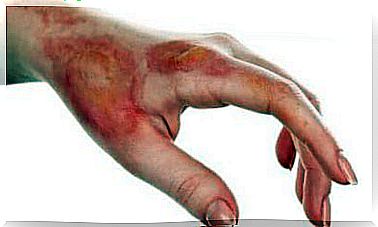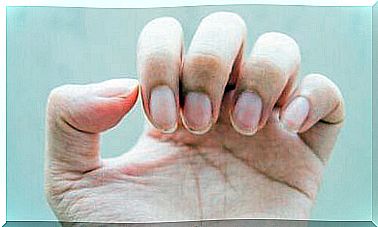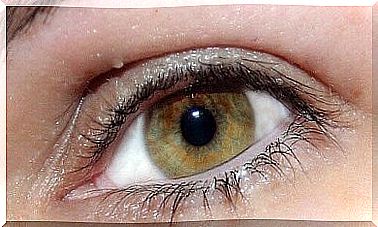Why Do Diabetics Suffer From Dry Mouth?
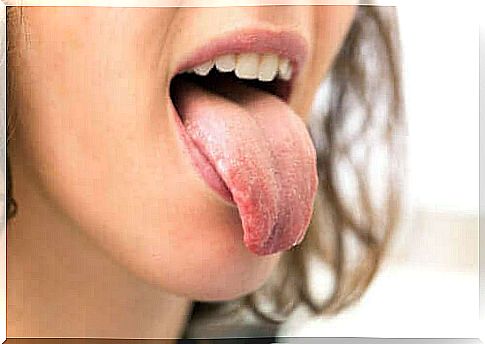
Both type 1 and type 2 diabetics often suffer from dry mouth, or xerostomia. The problem is that it’s not just knowledge; it can have serious side effects on oral health.
Xerostomia is associated with an increased risk of caries, inflammation, and periodontitis. Various studies confirm that more than 70% of people with diabetes suffer from dry mouth. In this article, we will explain what is causing it and how to treat the problem.
What are the symptoms of diabetes?
Diabetes mellitus is a disease that affects glucose metabolism. Its two main forms are type 1 and type 2 diabetes. In type 1 diabetes, the pancreas is unable to produce insulin.
In contrast, in type 2 diabetes, insulin resistance occurs in various tissues of the body. On the other hand, insulin may be excreted in smaller amounts than normal. It is a disease that is unfortunately becoming more common.
Dry mouth is one of the main symptoms of diabetes. Indeed, according to a review published in the Journal of Endocrinology and Nutrition, it is one of the most common oral symptoms in people with diabetes.
Other possible oral symptoms may include ulcers, pharyngeal yeast infection and burning. However, these are not the only symptoms of diabetes; polyuria (increased need to urinate), polydipsia (increased feeling thirsty) and weight changes may also occur.

Why do diabetics suffer from dry mouth?
Xerostomy is thus a term used to refer to dry mouth. In people with diabetes, its occurrence is linked to a variety of factors, almost all of which are linked to poor blood sugar management.
First, one of its causes is increased urine output, which leads to dehydration. And because saliva is mostly made up of water, its production is impaired as the body’s fluid balance is upset.
Another similar factor that causes dry mouth in people with diabetes is a change in the composition of saliva. In addition to water, saliva also contains glucose and protein.
A study published in the Journal of Oral Medicine and Pathology explains that diabetes affects the structure of the salivary glands. It causes so-called diabetic sialosis, in which the salivary glands enlarge and their function deteriorates.
Other causes of xerostomia
Although a large proportion of diabetics experience dry mouth, diabetes is not the only cause. It is important to note that many other factors also affect saliva production and many different situations can cause xerostomia.
For example, non-diabetic dehydration . Also, some medications can cause dry mouth, especially those used in chemotherapy.
Such factors often include aging as well as chronic diseases such as cirrhosis of the liver, HIV and tuberculosis. One of the major causes of xerostomia is Sjögren’s syndrome.
Treatments for dry mouth caused by diabetes
The disadvantage of dry mouth lies not only in the discomfort it causes, but also in the mouth problems it causes. For example, it increases the risk of tooth decay and inflammation, as well as periodontitis.
Therefore, it is very important to take preventive measures to avoid this problem. First, people with diabetes need to improve their oral hygiene by using mouthwash and dental floss in addition to brushing their teeth.
In addition, it is best for them to avoid sugary and sour drinks. Drinking is of course very important, but water is the best option for hydration. A diligent visit to the dentist is also important, as the professional must check and correct the oral problems as early as possible.
In some cases, medications that increase salivation may be prescribed or even artificial saliva may be used. These measures are, of course, only reserved for cases where normal measures do not help dry mouth.
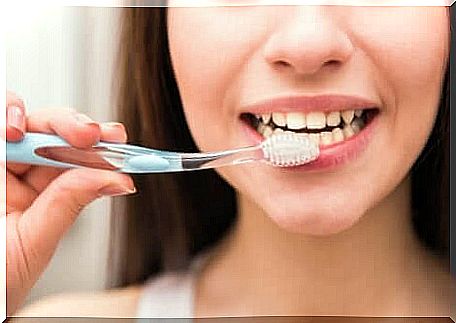
Summary
People with diabetes are more prone to dry mouth because this disease changes both the composition of saliva and the structure of the salivary glands.
To avoid this, blood sugar levels must be strictly controlled. In addition, adequate drinking and oral hygiene are required to reduce complications.


